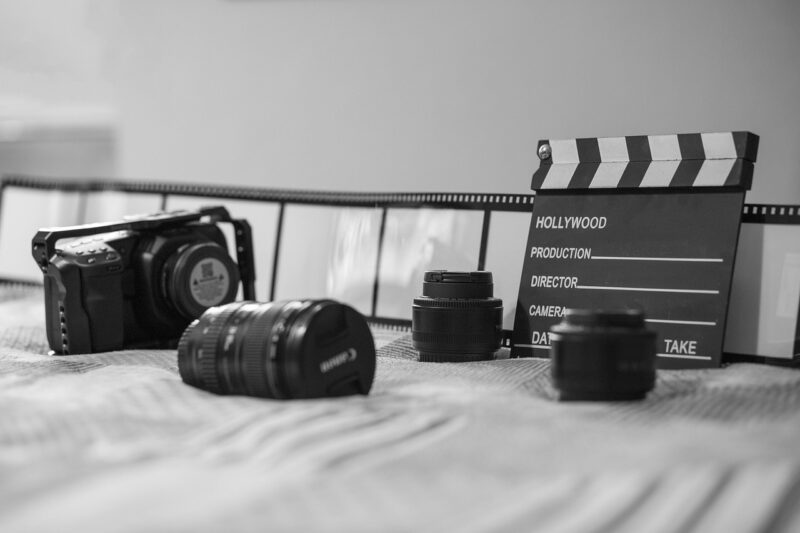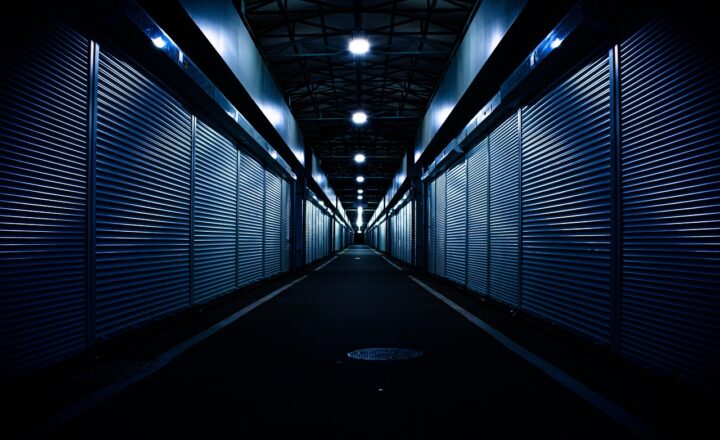How AI Is Transforming the Film Industry, from Scriptwriting to Special Effects
November 12, 2024

Artificial Intelligence (AI) is redefining the landscape of the film industry in exciting and unexpected ways. From scriptwriting to post-production special effects, AI is enhancing the efficiency, creativity, and overall quality of filmmaking. This article delves into how AI technologies are revolutionizing different facets of the film industry, providing filmmakers with unprecedented tools and capabilities.
1. AI in Scriptwriting: Dream or Reality?
The screenplay is the blueprint of any film, and traditionally, this process has relied heavily on the creativity and intuition of human writers. However, recent advances in AI have sparked a growing interest in automated scriptwriting. Utilizing Natural Language Processing (NLP) and machine learning algorithms, AI can analyze countless scripts, identifying successful plot structures, character development techniques, and dialogue patterns.
AI scriptwriting tools like ScriptBook and Plotagon have emerged, allowing filmmakers to generate story outlines, character arcs, and even entire scripts. This innovative approach not only speeds up the screenwriting process but also provides valuable insights into market trends and audience preferences.
For instance, AI can predict a film’s box office performance by analyzing existing scripts and comparing them to successful films in similar genres, offering producers data-driven insights into whether a project has potential for success.
2. Pre-Production: Enhancing Casting and Location Scouting
The pre-production phase is crucial to a film’s success, and AI is increasingly being utilized to optimize casting decisions and location scouting.
In casting, AI tools are being developed to analyze an actor’s prior performances to match them with the role they would likely fit best. By evaluating a range of parameters—such as acting style, on-screen chemistry, and marketability—these tools offer filmmakers more informed choices, aiming to minimize risks associated with casting decisions.
When it comes to scouting locations, AI-based platforms can analyze thousands of videos and images from various locations, matching them with the visual aesthetic desired for a film project. Using platforms like Viewfinder, filmmakers can efficiently explore an array of locations, saving time and enhancing the creative process.
3. AI in Filming: Drones and Camera Automation
The advancement of drone technology, powered by AI, has transformed how filmmakers capture aerial shots. AI-driven drones can autonomously follow predetermined flight paths, ensuring consistent framing and minimizing the need for complex human maneuvering.
Additionally, AI is being utilized in camera systems to optimize shots in real time. For instance, AI helps adjust settings like focus, lighting, and angle based on the scene’s requirements. This technology frees cinematographers to focus more on creativity and storytelling, rather than technical adjustments.
4. Post-Production: Special Effects and Editing
Post-production is another area where AI is making significant strides. AI algorithms can streamline the editing process by categorizing footage, suggesting cuts, and even creating rough cuts based on pacing and narrative flow. Advanced algorithms analyze content, ensuring that editors can focus better on refining the emotional impact of a film.
In the realm of special effects, AI is becoming invaluable. AI tools can simulate realistic textures, environments, and physical effects, thereby reducing the time and cost associated with traditional CGI methods. Programs like Deepfake technology are now being used to create seamless visual effects, enabling filmmakers to explore creative avenues that were previously cost-prohibitive.
Moreover, AI helps in color grading, sound editing, and even designing marketing materials by analyzing audience engagement data to determine the most effective strategies.
5. AI and Audience Engagement: Predicting Hits and Trends
AI’s influence extends beyond production; it also plays a crucial role in audience engagement and marketing. Before a film’s release, predictive analytics can provide studios with insights into potential box office performance based on trailer reactions, social media sentiment, and current viewing trends.
Using machine learning, studios can gauge audience preferences and tailor their marketing campaigns accordingly. AI can analyze data from social media platforms to identify trending topics related to a film, allowing for more targeted advertising strategies and promotional content.
Furthermore, AI can facilitate enhanced user experiences through personalized recommendations on streaming platforms. This means the AI not only curates content but creates a deeper connection with viewers by suggesting films based on prior viewing habits and preferences.
6. Ethical Considerations & Future of AI in Film
Despite the remarkable benefits AI brings to the film industry, there are ethical considerations that need addressing. Issues related to copyright, creativity, and the potential displacement of human jobs are legitimate concerns that filmmakers and industry professionals must navigate. Fostering a collaborative environment where AI assists but does not replace human creativity is essential for a sustainable future in filmmaking.
As AI technologies continue to evolve, the film industry stands at a promising intersection of creativity and technology. Embracing AI as a collaborative tool rather than a replacement can lead to breakthrough storytelling possibilities, pushing the boundaries of what films can achieve.
Conclusion
AI is no longer merely a hypothetical concept in the film industry; it is quickly becoming a key player that spawns innovation and creativity. The transformative effects of AI, from scriptwriting to post-production, have opened new pathways for filmmakers, enhancing their capacity to tell stories and engage their audiences.
As technological advancements continue to unfold, the film industry will undoubtedly adapt, crafting an exciting future where human creativity and artificial intelligence coexist harmoniously. Filmmakers willing to embrace AI tools will likely find themselves at the forefront of a revolutionary era in cinema, vastly changing how stories are told, produced, and shared worldwide.








